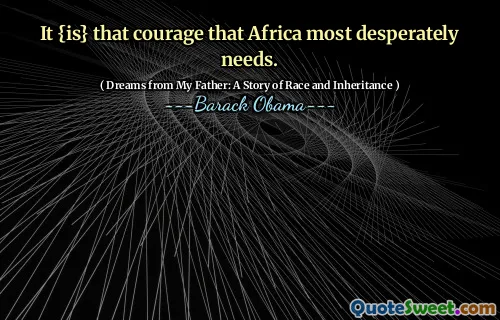
An unintentionally hilarious 84 percent of users answer this match question: Would you consider dating someone who has vocalized a strong negative bias toward a certain race of people? In the absolute negative, choosing 'No' over 'Yes' and 'It Depends.' In light of the previous data, that means 84 percent of people on OKCupid would not consider dating someone on OKCupid.
This quote highlights a fascinating paradox in human behavior, especially in online dating contexts. It underscores how individuals often hold implicit biases or personal preferences that influence their choices, yet they may also be reluctant to confront these biases openly. The survey question probes whether someone would consider dating a person with a strong negative bias about a particular race, which is a highly sensitive and controversial subject. Positions like this reveal underlying societal issues, including prejudice and the discomfort many feel in acknowledging their biases explicitly. The prominent statistic—that 84 percent of users would respond negatively—suggests that societal norms and personal prejudices significantly influence dating preferences, often more than individual values of openness or acceptance.
What is particularly notable about this data is the juxtaposition of honesty versus social desirability bias. Many individuals might suppress their true preferences or biases due to social pressures or fear of judgment, leading them to choose the 'No' response, which appears socially acceptable or less controversial. Simultaneously, some may recognize that their biases are not aligned with their ideal self-image but still find it difficult to endorse these biases openly.
This scenario sheds light on broader issues of hypocrisy and the complexity of human identity. It questions whether societal progress in tolerance is genuine or superficial—are people truly accepting, or merely conforming outwardly? It also prompts reflection on how online platforms might amplify or hide these biases, influencing not just individual choices but the fabric of societal interactions as a whole. Ultimately, the quote invites us to scrutinize not just the preferences we declare, but the underlying beliefs that influence our decisions in subtle and overt ways.
---Christian Rudder---










